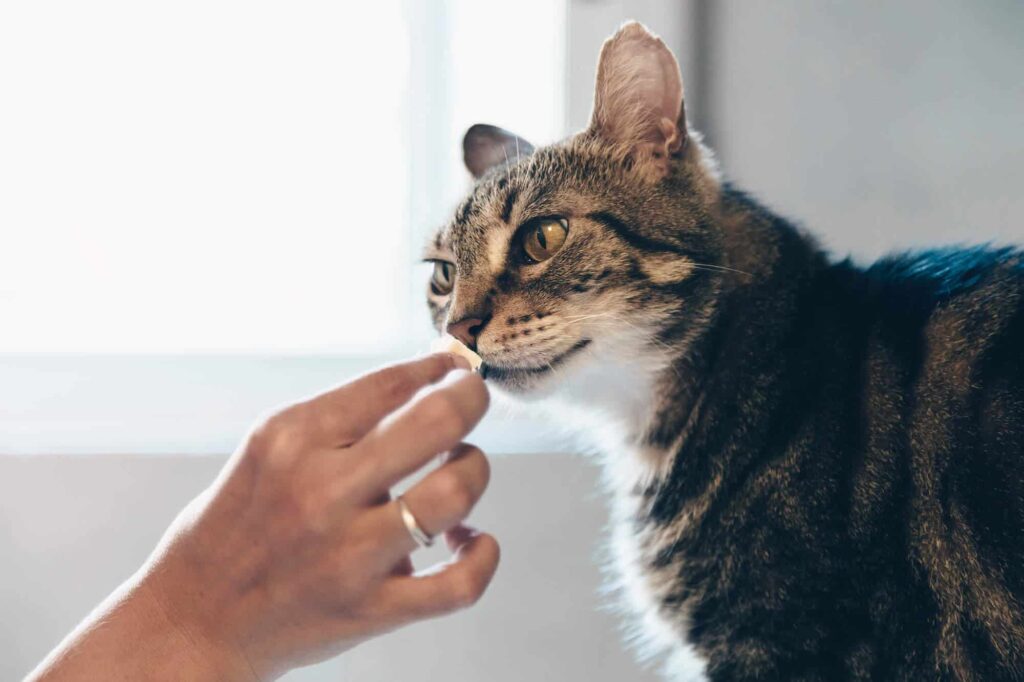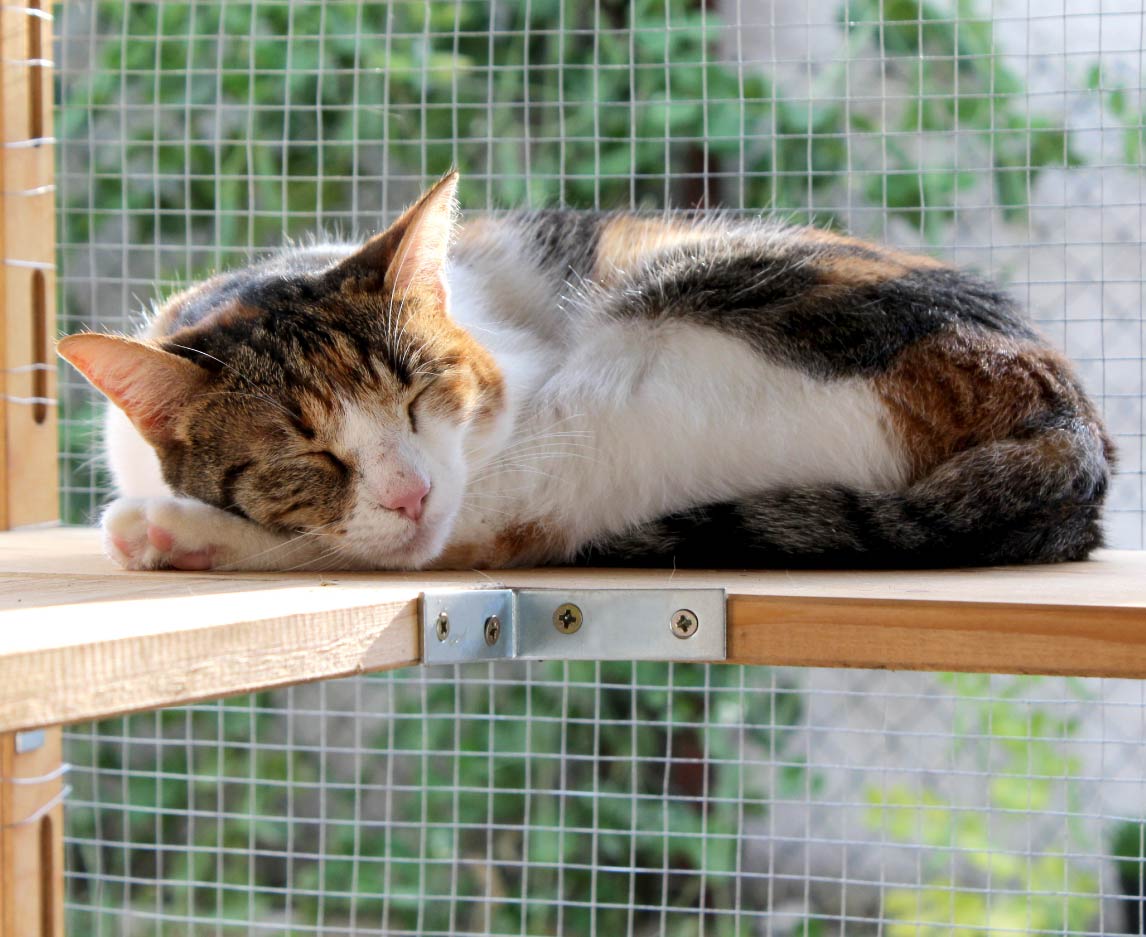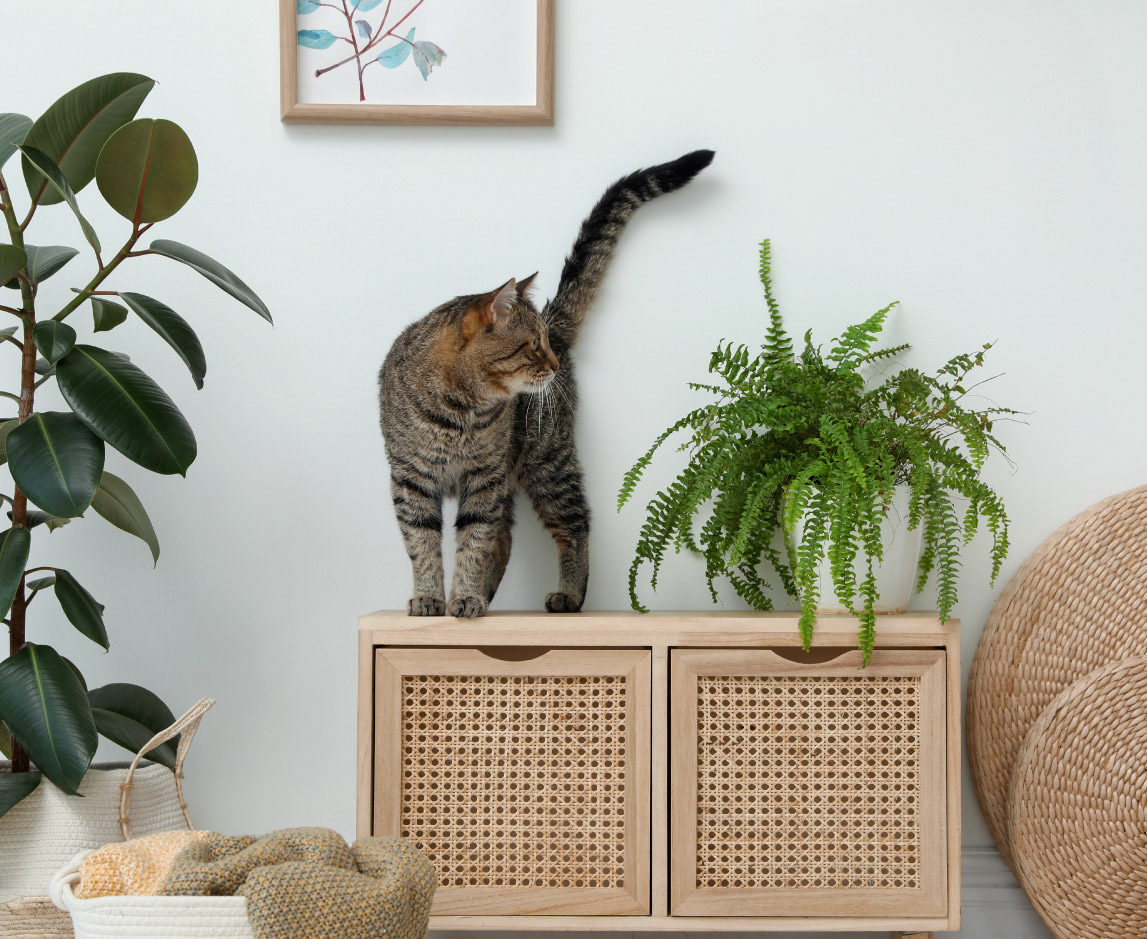It’s common practice for humans to take the occasional vitamin or supplement — but what about cats? Since cats can’t tell us how they feel with words, it’s hard to know if their food leaves something to be desired. What’s wrong with an extra boost of nutrition?
The truth is, most cats get everything they need from their diet, especially if their food is balanced and formulated according to industry feeding standards. However, some cats with health conditions or nutritional deficiencies can benefit from additional vitamins, as can cats of a certain age.
Regardless of your cat’s health, it’s always best to seek approval from their veterinarian before giving them supplements. Read on to learn the dos and don’ts of boosting your cat’s health.
What Kinds of Cat Nutrition Supplements Are Out There?
Cats are picky eaters, so the makers of feline supplements have devised all sorts of methods for getting cats to eat their vitamins. Cat nutrition supplements are available in the following forms:
Powders: Easy to mix into wet or dry food.
Liquids: Sold with a dropper for easy dosing on top of food.
Chewable tablets or treats: With a protein base or flavoring meant to appeal to a cat’s carnivorous tastes, cats may come to think of these as a reward.
Gel or paste: Cat owners report that their cats tolerate this kind of supplement the best, and even enjoy it on its own. However, these products are often flavored using corn syrup, which cats can’t taste and don’t need in their diet, since it can raise their blood sugar.
Multivitamins are the most popular supplement for overall feline health, but there are certain supplements formulated for specific life stages, health conditions and nutritional deficiencies. If you peruse the labels of many popular feline supplements, you will see the same vitamins and nutrients appear on most ingredient lists. These are all necessary for optimal feline health and are included in most commercial cat foods.
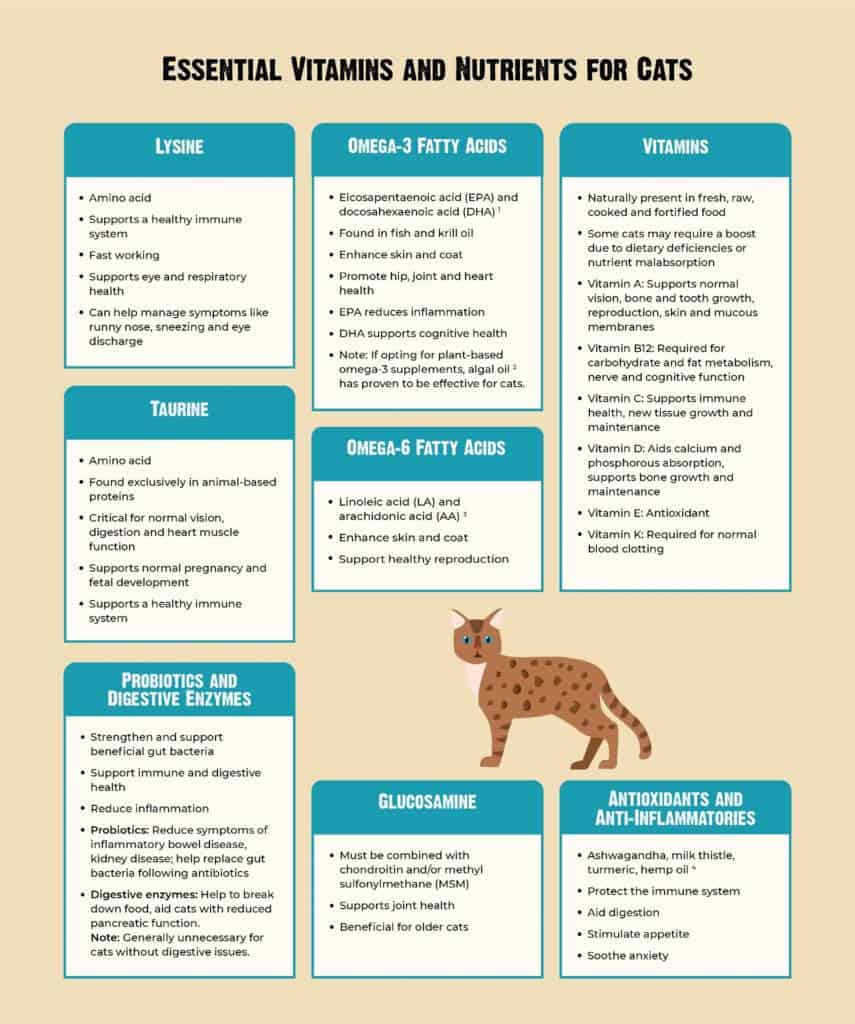
1Gaylord, L., DVM, DACVN (2021, September 17). Exploring the role of omega-3 supplementation in cats and dogs. DVM 360. https://www.dvm360.com/view/exploring-the-role-of-omega-3-supplementation-in-cats-and-dogs
2Wall, M. (2019, February 25). Is algal oil the ideal omega-3 fatty acid supplement? Veterinary Nutrition Group. https://www.veterinarynutritiongroup.com/post/is-algal-oil-the-ideal-omega-3-fatty-acid-supplement
3Lenox, C., DVM, Diplomate ACVN (2016, August 31). Role of Dietary Fatty Acids in Dogs & Cats. Today’s Veterinary Practice. https://todaysveterinarypractice.com/role-of-dietary-fatty-acids-in-dogs-cats/
4Julia, N. (2022, March 1). Hemp Oil for Cats: What Are the Benefits & How Does It Work? CFAH. https://cfah.org/hemp-oil-for-cats/
If your cat has a condition that suppresses their appetite, or if they are generally not eating well, your veterinarian may recommend a calorie supplement that includes essential vitamins.
Keep in mind that supplements are not meant to be cure-alls or replacements for medications. Some feline supplements purport to soothe anxious behavior or reduce the risk of conditions like feline lower urinary tract disease (FLUTD). However, without clinical studies to support these claims, results are not guaranteed. Shop for brands that have published clinical studies of their products.
How to Choose Vitamins & Supplements For Your Cat
Step one is to ask your cat’s veterinarian for advice. If your cat is healthy, their vet may advise against supplementation, as additional vitamins in their diet may cause more harm than good. If they do recommend supplements, the best options will be available through the vet’s office or their list of approved products.
Since many supplements are untested or unsupported by veterinary medicine, it’s important that you do your research before making a purchase. Make sure that your selections contain the appropriate vitamins and nutrients for your cat; have high-quality ingredients; are available in a dosing format that is convenient for both you and your cat; and display records of clinical studies on their websites or packaging.
Since supplements are not medications, be aware that they may have little to no effect on your cat’s health. To address a specific health need through supplementation, your vet will be your best resource.
Follow these tips when shopping for feline supplements:
- Choose brands that are endorsed by licensed animal nutritionists.
- Read all labels carefully, checking for necessary and unnecessary ingredients, as well as evidence of clinical study.
- Look for a lot number on the label, which indicates the producer performs quality control checks.
- Read reviews on reputable sites and beware of fake customer reviews.
- Avoid products that claim to be cure-alls or medication replacements.
- Do not give your cat supplements that are formulated for humans, which can exceed the recommended dosage for cats.
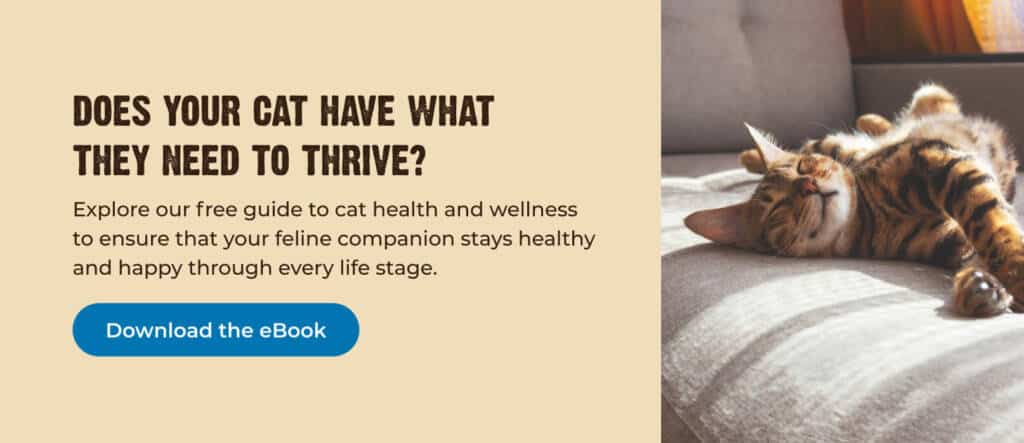
Are Supplements Necessary For All Cats?
If your cat enjoys a complete, biologically appropriate diet and has no underlying health issues, they should not require a supplement. While giving a healthy cat a multivitamin likely won’t cause serious harm, it’s best not to give otherwise healthy cats additional specific vitamins.
However, cats with an underlying condition or vitamin deficiency can benefit from supplementation with veterinary guidance. Conditions that affect the bowel, including cancer and parasites, can block nutrient absorption and prevent cats’ bodies from utilizing the nutrients in their diet. Vitamin supplementation or probiotics are often needed to restore normal absorption and gut function, along with any other prescribed medications.
Cats with food allergies may benefit from supplements if they can no longer eat their favorite foods and must switch to a new diet. When a cat is pregnant, she needs extra calories from fat and protein, but not from carbohydrates; omega-3 fatty acids from fish oil provide a safe source of healthy fat for expecting mothers.
Can You Give a Cat Too Many Supplements?
Most vitamins are water-soluble and can pass out of your cat’s body as urine, but some fat-soluble vitamins can build up in their fat stores and cause toxicity. This condition can be accompanied by unpleasant symptoms like vomiting, limb stiffness, weight loss, and peeling skin.
Vitamins that pose a risk in high doses include A, D, E and K. Cats get plenty of these vitamins from their food, so it’s best not to give them additional doses unless they have a specific deficiency.
How to Give Your Cat Supplements
When introducing your cat to anything new, always start slow. Begin by giving them small amounts of the supplement at each meal, then gradually increase to the full recommended dose over seven to 10 days until they are used to the smell or taste. Mix powders, liquids and gels thoroughly into your cat’s food and crumble chewable tidbits into small pieces. You can even sweeten the deal by adding a tasty garnish to their supplemented food, such as tuna juice or protein-rich toppers.
Here’s a simple guide to starting your cat on supplements:
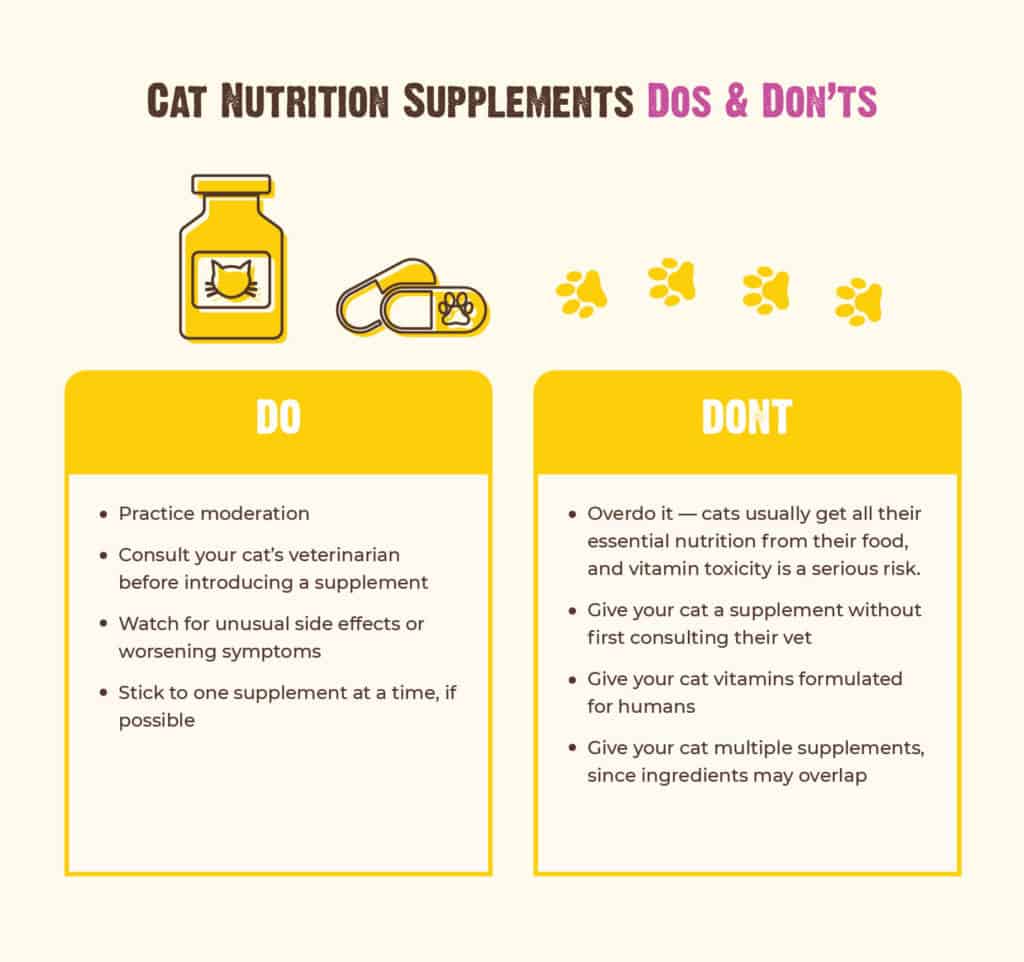
It will typically take one to two weeks before you see a noticeable difference in your cat. Be aware that some supplements will increase the frequency and odor of bowel movements and gas, but these symptoms may subside with time.
No matter how you disguise them, some cats may refuse to eat supplements. If supplementation is necessary regardless of your cat’s feelings about it, consult their vet for alternative options.
All RAWZ meals for cats are specially formulated with the ideal amount of vitamin and mineral supplements, along with nutrients that naturally occur in the ingredients. Our foods’ high meat content is intended to satisfy the true carnivore, with essential taurine added for overall feline health. The RAWZ team works with animal nutritionists to formulate foods using minimally processed ingredients, which helps to retain the integrity of the nutrients.
FAQs: Choosing the Right Vitamins & Supplements For Your Cat
How much do cat supplements cost?
Feline supplements can cost anywhere from $6 to over $100 dollars per product depending on ingredients, complexity, purpose and clinical verification. While some cat multivitamins are fairly affordable, always check the label for unnecessary inactive ingredients or a lack of clinical review.
Which kinds of supplements are not necessary for cats?
Cats rarely require calcium supplements. They receive all the calcium they need from their food, and too much can lead to toxicity. It’s also not advisable to give them vitamin A or D supplements, since too much of either can cause serious side effects like lethargy, bone pain, hemorrhaging and gastrointestinal distress.
What if my cat won’t eat their supplements?
Feline supplements come in many forms and flavors, each designed to entice picky eaters. However, if your cat refuses to eat any and all supplements, please consult their veterinarian for alternative solutions.
Does my cat need supplements?
If your cat does not have any underlying health issues and experiences normal physical development, they should not require supplements. However, cats with vitamin deficiencies require an extra boost along with their food; pregnant cats may benefit from extra healthy fats; and cats who don’t eat enough on their own may need caloric supplements. Please consult your veterinarian if your cat displays any unusual behaviors or physical symptoms, as these could be signs of a nutritional deficiency.
Can my cat get everything they need from their food?
If a pet food label features a nutritional adequacy statement from the Association of American Feed Control Officials (AAFCO), it has been formulated to meet the dietary needs of a cat in the appropriate life stage. This should be sufficient for a healthy cat, but some cats with nutritional deficiencies or health conditions benefit from additional supplementation. One thing to note is that cats do not have a strong thirst drive, so including plenty of wet food in their diet ensures they receive adequate hydration.
Can I give my cat human food as a supplement?
The short answer is no. While there are some human foods that cats can safely eat, their caloric and nutritional needs are different than ours, so it’s best not to feed them from your own plate. Be aware of these human foods that are toxic to cats.


